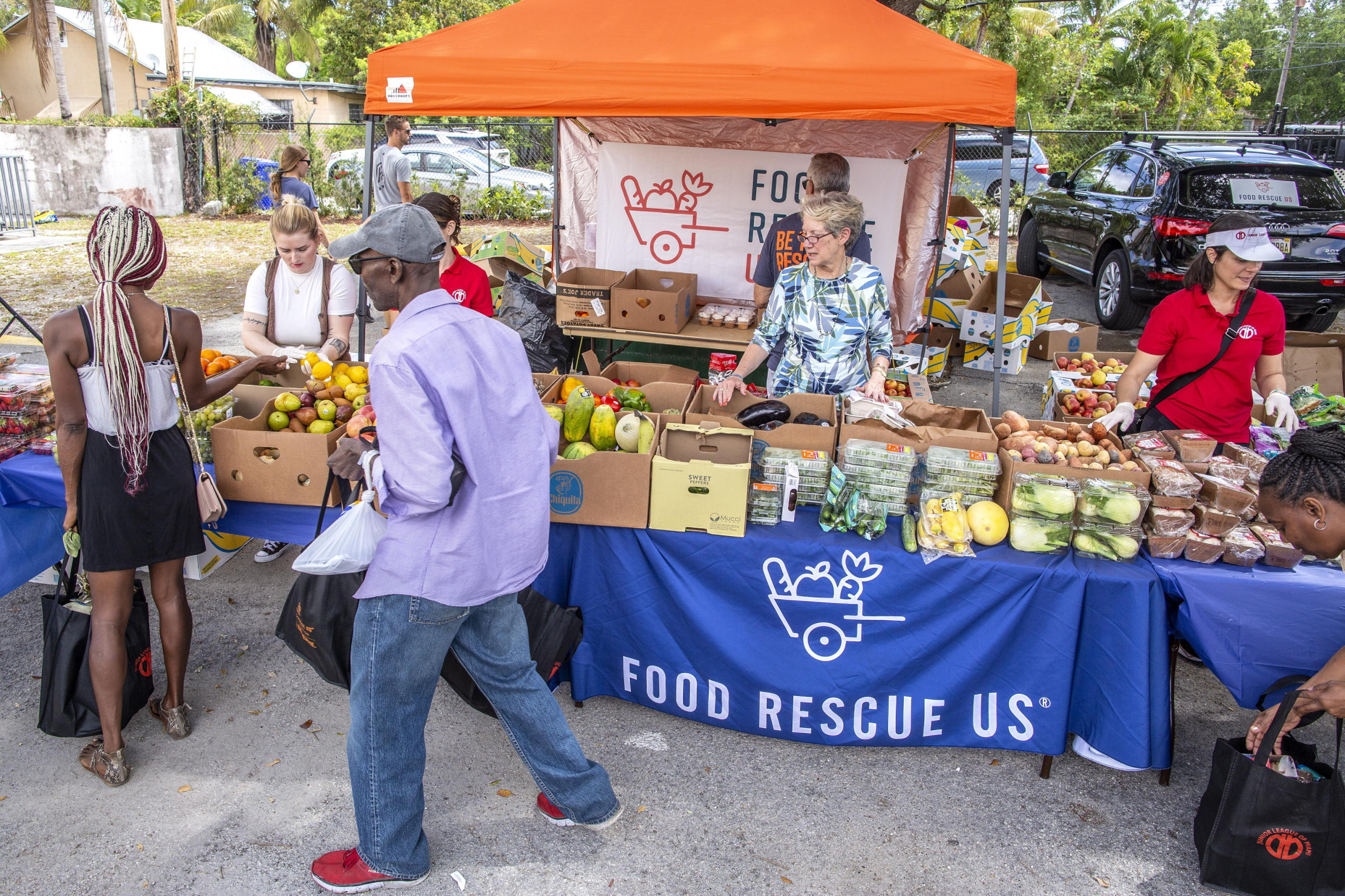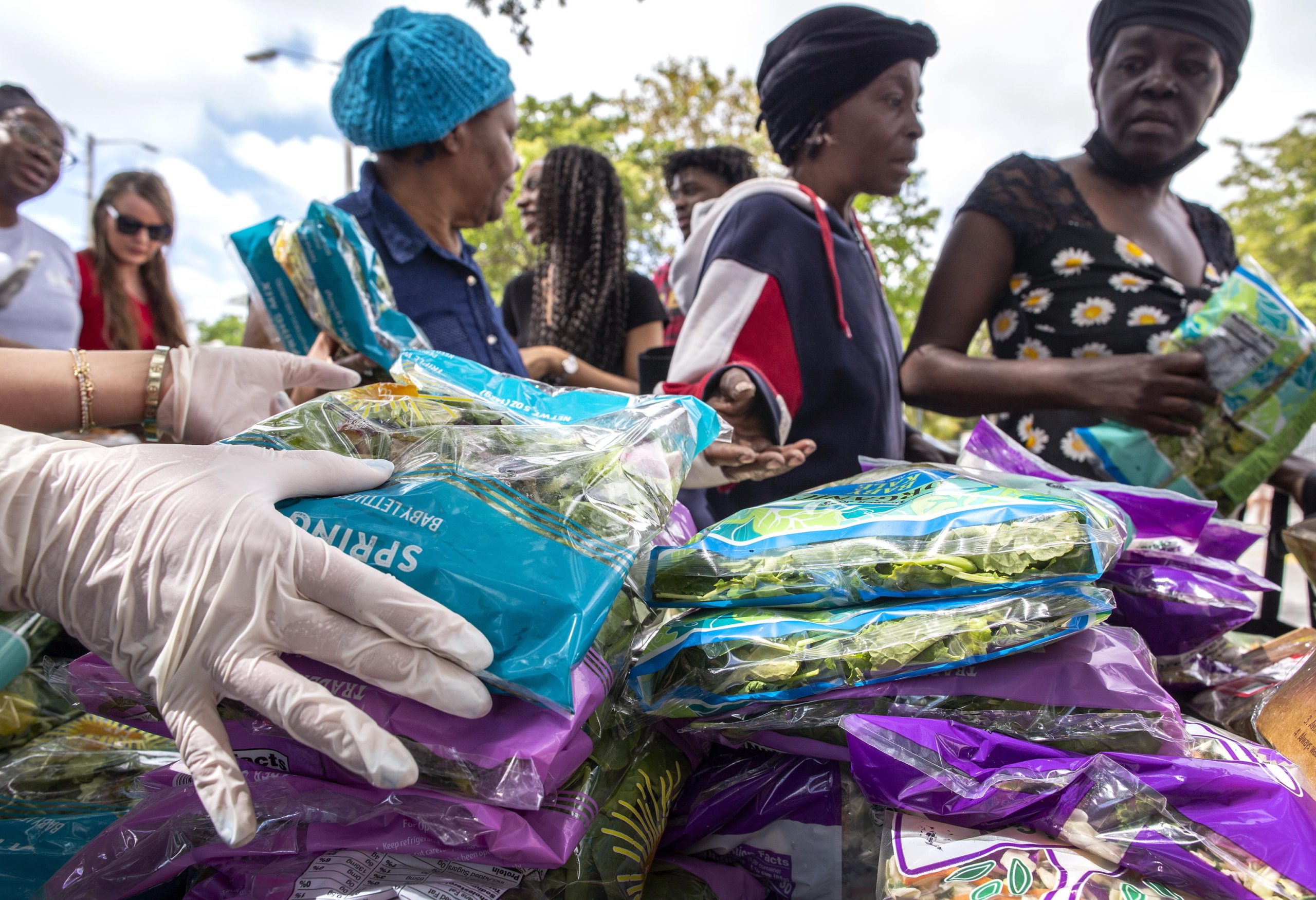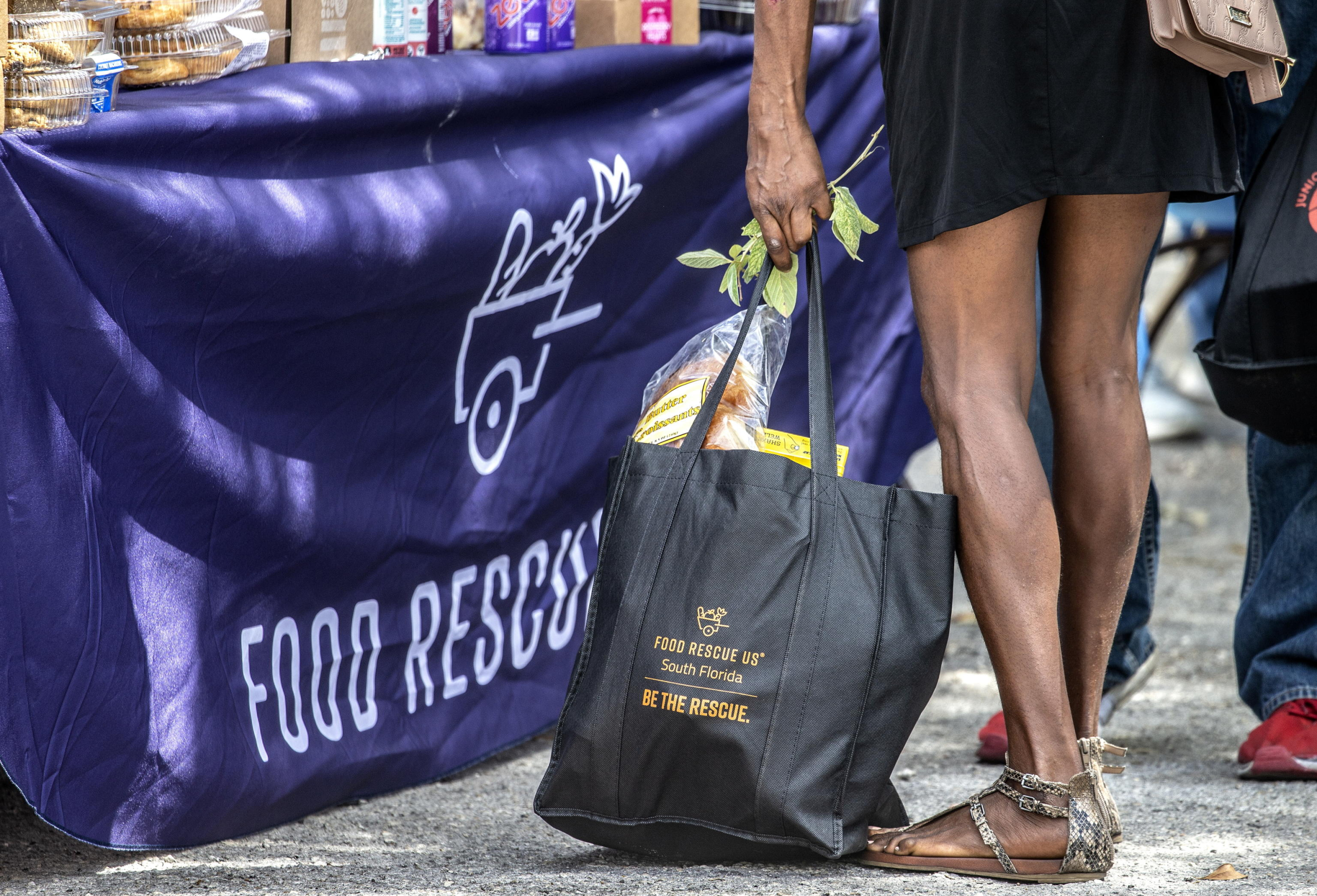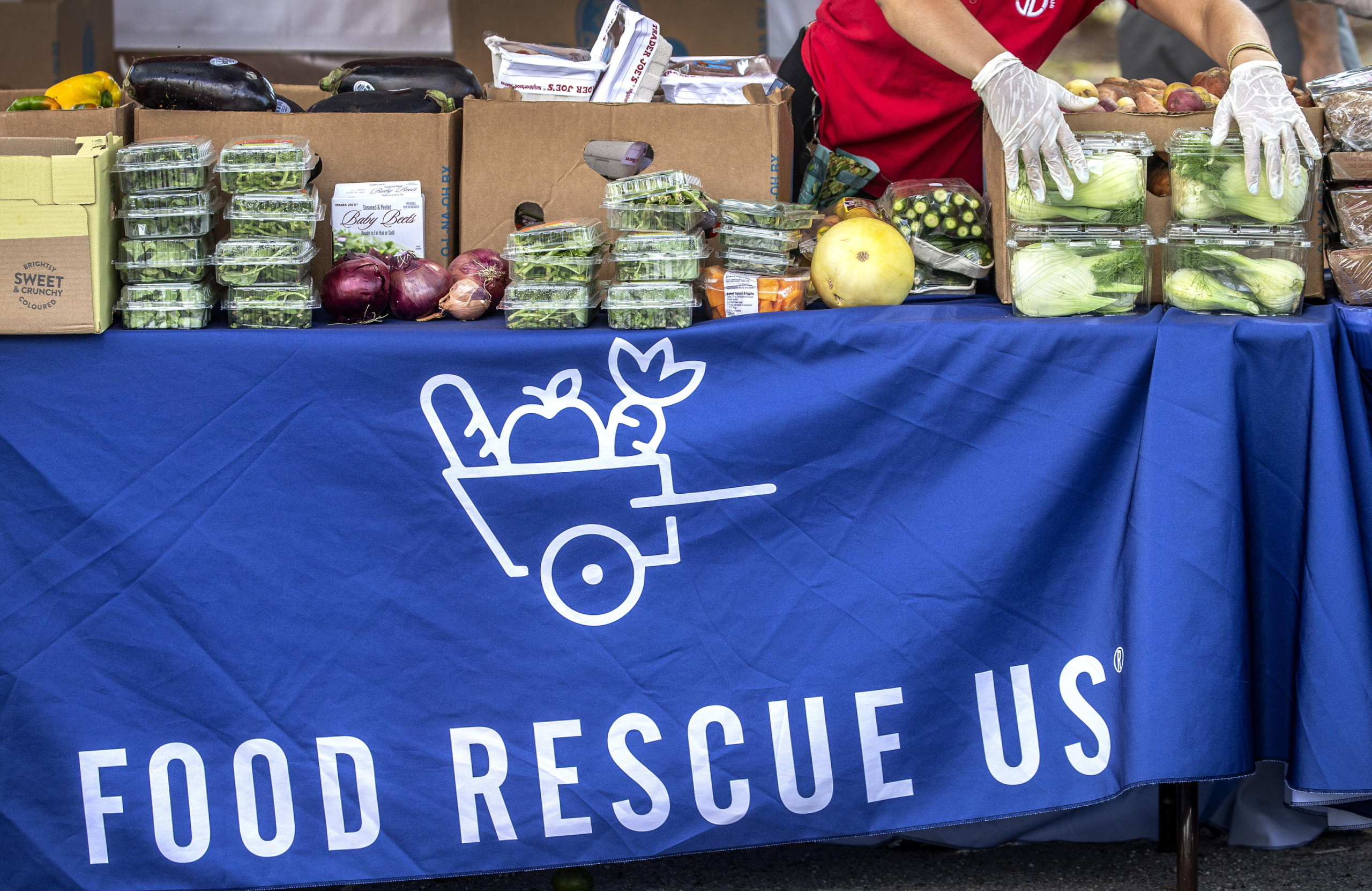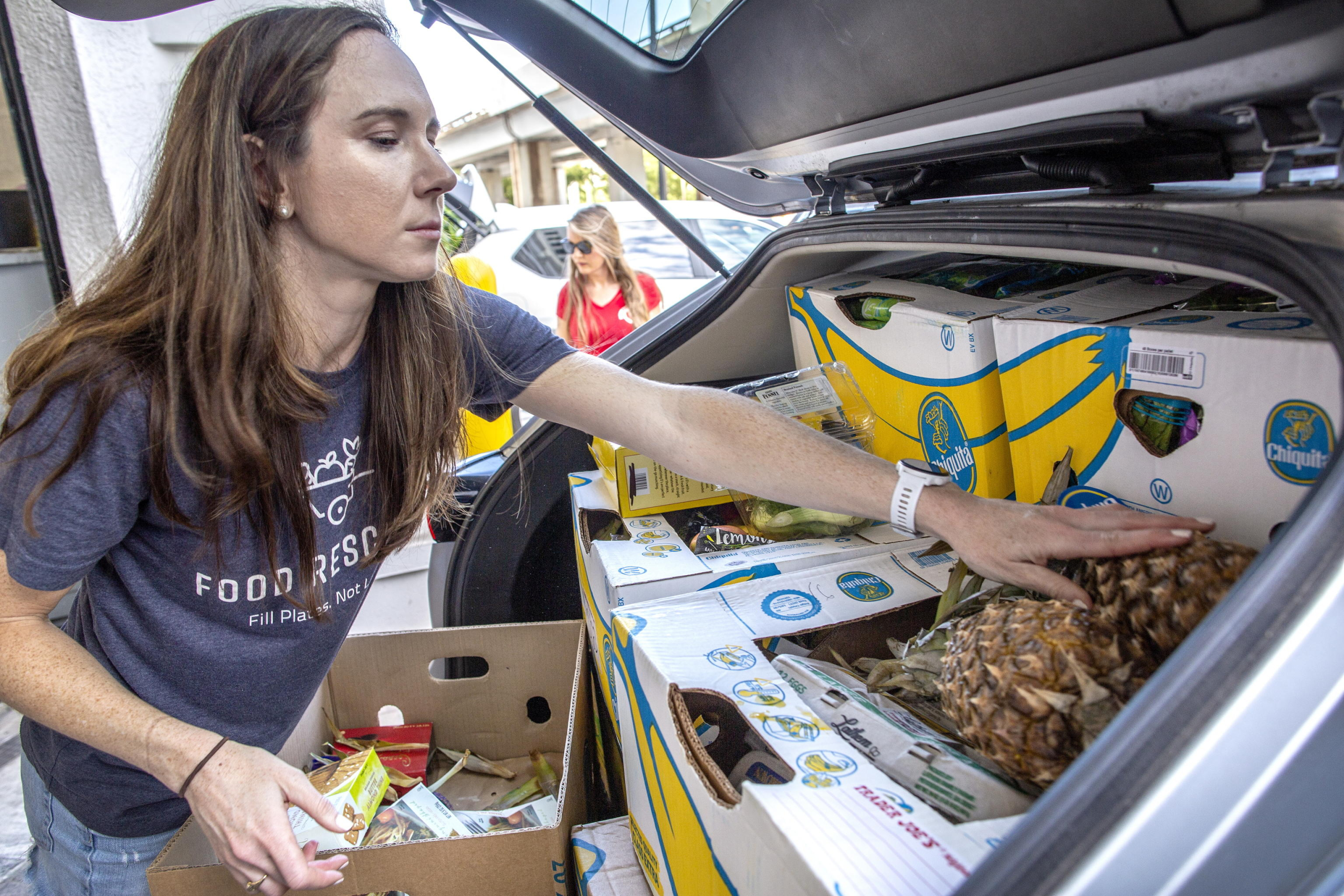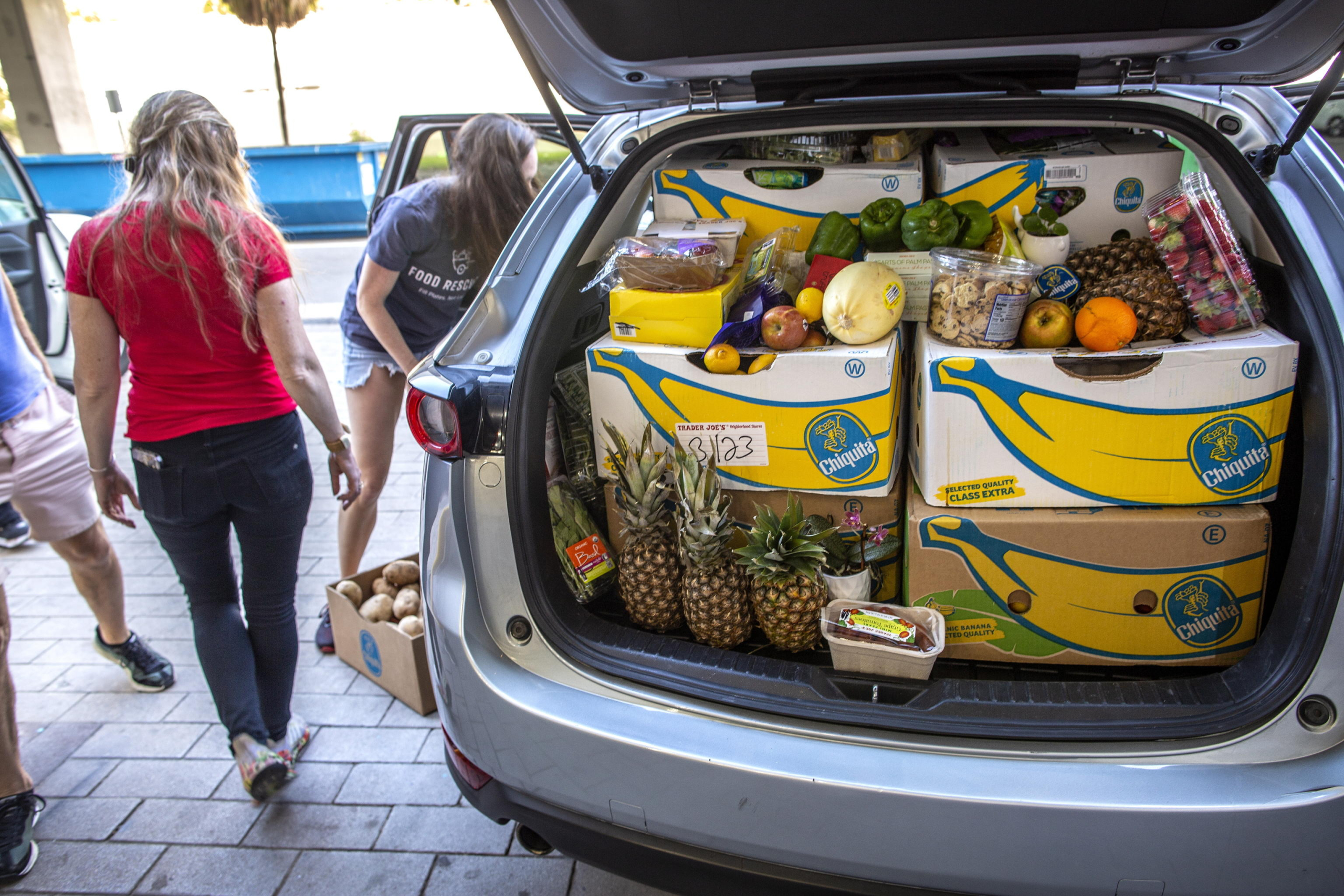Occhi puntati sullo spreco alimentare
Secondo l'osservatorio Waste Watcher International, ogni giorno buttiamo nella spazzatura 81g di cibo
Quando si parla di spreco alimentare si additano spesso gli Stati Uniti (a cui si riferiscono infatti queste foto, che documentano un’iniziativa per il recupero di cibo invenduto che andrebbe gettato se non venisse consumato a breve, e la sua redistribuzione a persone in condizioni di fragilità economica e sociale); ma la realtà è che anche noi italiani non siamo esattamente nella posizione di fare la morale a nessuno.
Secondo i dati dell’osservatorio Waste Wather International/Spreco Zero appena diffusi, infatti, ogni giorno gettiamo in media 81 grammi di cibo nella spazzatura: e se possono sembrare pochi, non consola sapere che sono in aumento rispetto ai 75 dello scorso anno. Parliamo di un impatto economico stimato 13 milioni di euro annui a livello nazionale (includendo in questo caso anche gli sprechi nella filiera, circa la metà), con costi medi di 126 euro a persona e 290 euro a famiglia l’anno.
Nel dettaglio, si spreca di più nelle città e nei grandi Comuni (+ 8%) e meno nei piccoli centri, sprecano di più le famiglie senza figli (+ 3%) e molto di più i consumatori a basso potere d’acquisto (+ 17%): un dato, quest’ultimo, che mostra come anche le fragilità economiche e sociali incidano sul fatto di acquisdtare e gestire oculatamente il cibo. Si spreca di più a Sud (+ 4% rispetto alla media nazionale) e meno a Nord (- 6% rispetto alla media).
(Foto Ansa/EPA)
